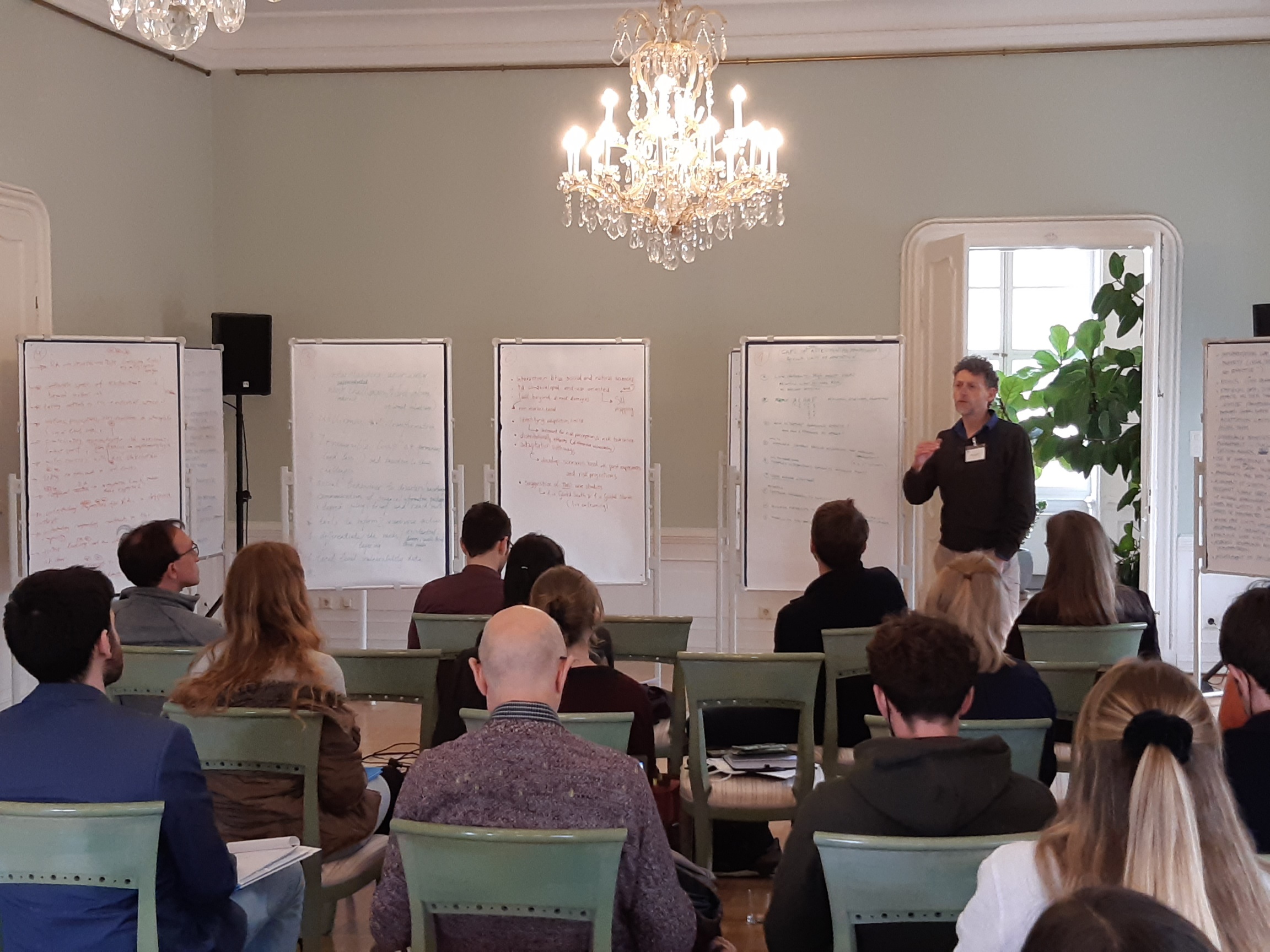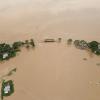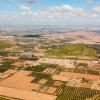
IIASA’s Population and Just Societies (POPJUS) Program together with the Advanced Systems Analysis (ASA) Program hosted the INQUIMUS workshop series entitled "Transformational risk management and Loss & Damage: What are suitable approaches for assessing climate-related (residual) risks?" An interdisciplinary group of thirty international researchers and practitioners convened at IIASA for the INQUIMUS 2022 conference from 29-31 March.
Together with co-organisers from the University of Salzburg, Austria, and Eurac Research, Italy, IIASA scientists Thomas Schinko and Reinhard Mechler invited the participants to discuss the topic "Transformational risk management and Loss & Damage: What are suitable approaches for assessing climate-related (residual) risks?"
Inspired by four state-of-the-art keynote presentations by international experts, the conference participants jointly identified needs, gaps and experiences in comprehensively assessing and managing climate-related risks that may lead beyond adaptation limits; from a scientific but also a decision making point of view. Fruitful areas for future research were identified and requirements for transformational change within climate risk science itself have been identified in order to be able to respond to the needs from donors and decision makers.
 © GLOMOS Research
© GLOMOS Research
News

02 April 2024
CROPS: a new EU-funded project to grow citizen science in Europe

27 March 2024
Rising waters and sinking communities: exploring the scope for transformation and resilience in riverine Bangladesh

28 February 2024

